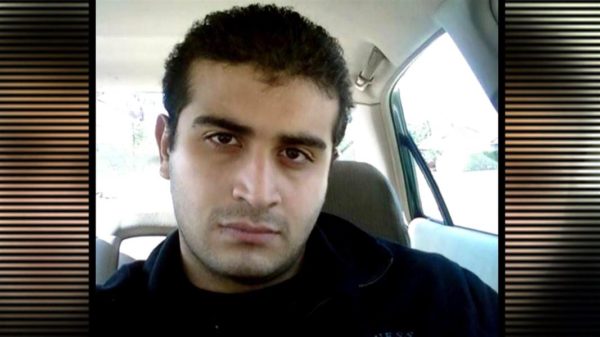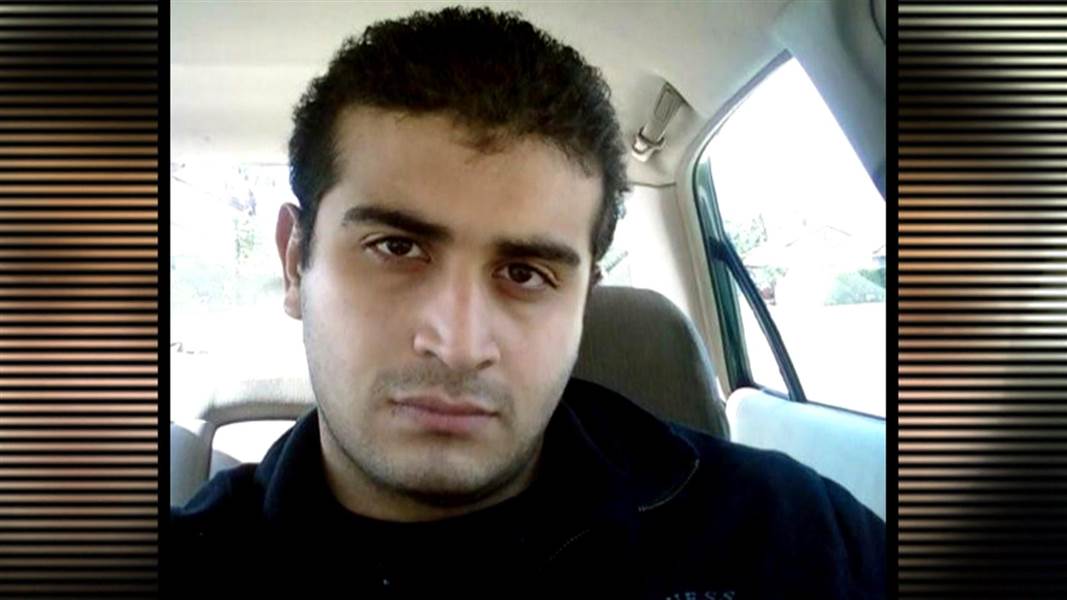Plans to tighten gun controls in the US, including the restriction of weapons sales to people on terrorism watch lists have been rejected by the Senate.
Four proposals were brought before the Senate after 49 people were shot dead in Orlando attack on June 12.
However, Democratic and Republican senators voted along party lines, blocking each other’s bills.
Senators strongly disagreed about how to prevent more attacks happening in future.
Republican Senator John Cornyn said: “Our colleagues want to make this about gun control when what we should be making this about is the fight to eliminate the Islamic extremism that is the root cause for what happened in Orlando.
“My colleagues in many ways want to treat the symptoms without fighting the disease.”

Democratic Senator Barbara Mikulski said: “Why is it we would go through such incredible scrutiny to board an airplane to protect me against terrorist, and yet we have no scrutiny of the people on the terrorist watch list to be able to buy a gun?”
Republicans and members of the National Rifle Association (NRA) complained that the bills put forward by the Democrats violated the constitutional right to bear arms. They are concerned that without enough “due process”, law-abiding Americans wrongly named on watch lists would be prevented from buying weapons.
Democrats said the Republican proposals were too weak.
Eight days before the Senate’s vote on June 20, Omar Mateen shot 49 people dead and injured many more in the worst mass shooting in recent US history.
Omar Mateen was a US citizen who had been known to the FBI since 2013 but was not on a terrorism watch list.
In the US, gun dealers are licensed by the federal government. People can be prevented from buying weapons if they have mental health problems or are guilty of serious crimes, but there is no specific prohibition for those on the terrorism watch list. There are currently about one million people on that list.
There are other ways to buy guns – at gun shows, or from a private vendor online – that do not require any background checks.
The Senate voted down legislation that would have closed a gun show loophole and expanded background checks to cover private sales.
It also rejected a bill to ban suspects on terrorism watch lists from buying guns, a bill (backed by the NRA) that would allow the US attorney general to delay a gun purchase by a known or suspected terrorist, but prosecutors would need to convince a judge of the would-be-buyer’s connection to terrorism within three days and a bill that would alert the FBI to terrorism suspects who have purchased a gun, without blocking the purchase outright.
https://www.youtube.com/watch?v=U3dQ-RK2GEE
